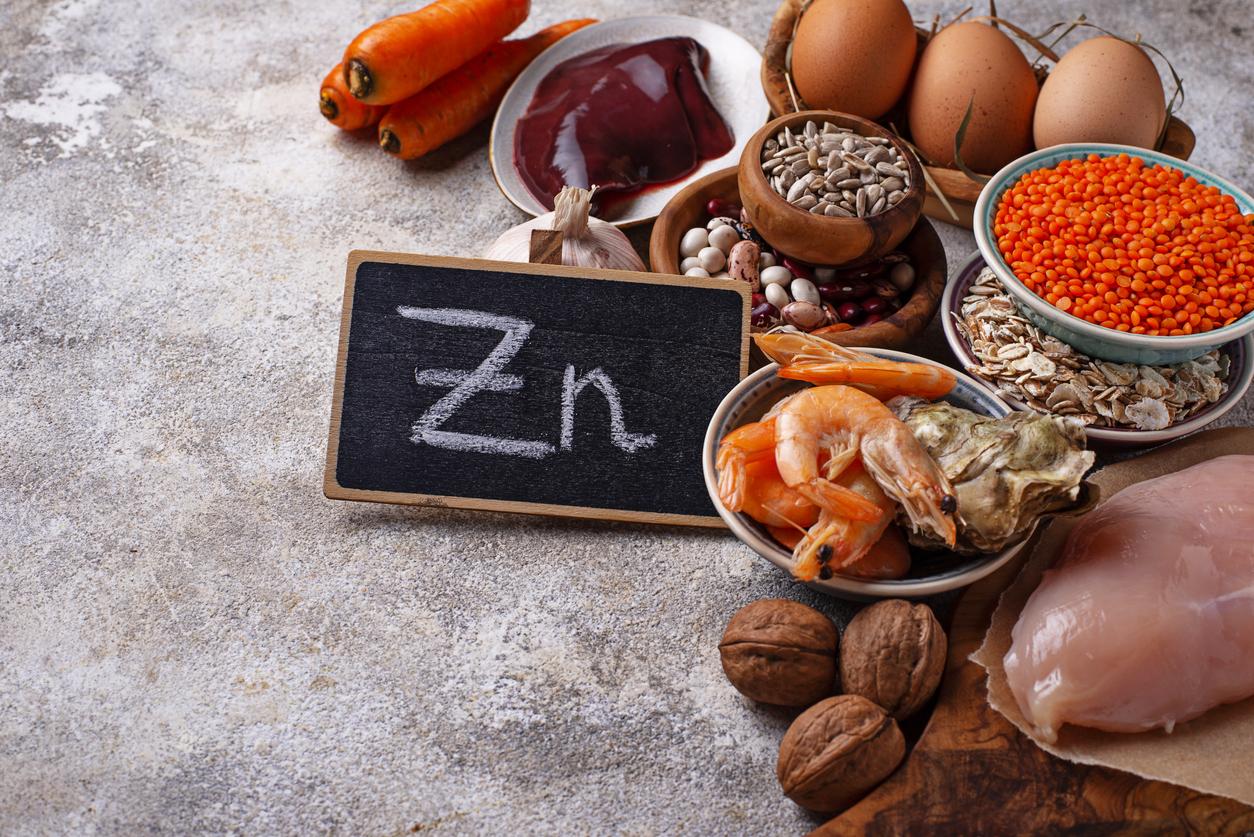
Unfortunately, losing weight is not possible by eating less for a few days and a diet that is too strict is doomed to failure. The trick is: fewer calories, but still provide all the nutrients you need. So that you don’t get a vitamin deficiency, for example. So don’t eat too one-sided!
Carbohydrates, proteins and fats provide energy, they are the fuel for the body. Your energy needs depend on several factors: age, gender, weight, the amount of exercise and its intensity and duration.
Energy requirement
The energy requirement for adult women with sedentary work and little exercise in their free time is around 2000 kcal (8400 kJ). For adult men with the same exercise pattern, this requirement is about 2500 kcal (10500 kJ).
A calorie is not a nutrient, it is a way of representing the energy value of foods. Usually we talk about kcal (kilocalories, 1000 calories) or about kilojoules (KJ), another way of expressing energy.
Nutrient deficiency
If you eat enough and varied, you will get enough nutrients. If you eat less, for example because you are dieting, there will be a deficiency. That shortage of carbohydrates, proteins and fats causes you to lose weight; you will then use your (fat) reserves. But you should avoid a shortage of nutrients, such as vitamins.
When you stick to the diet with the recommended amounts for foods and choose the leanest form, you will end up with fewer calories than the energy requirement, but you will still get enough vitamins.
Healthy and varied
Many diets contain much less bread and sometimes less dairy and fruit than you actually need. Brown and wholemeal bread in particular is an important supplier of vitamins B1, B6 and folic acid (vitamin B11), iron and iodine in particular. Removing bread from the menu can therefore lead to a shortage of these nutrients.
The general rule remains: do not go on a diet too strict. The chance that you will keep it up is small and the chance of vitamin deficiencies increases. And whatever diet you follow, always try to eat a healthy and varied diet.
In a (long-term) diet, where you do not meet the recommended amounts for foods, a nutritional supplement is worth considering. This way you can be sure that you are getting enough nutrients to stay fit and healthy.
Sources):

















